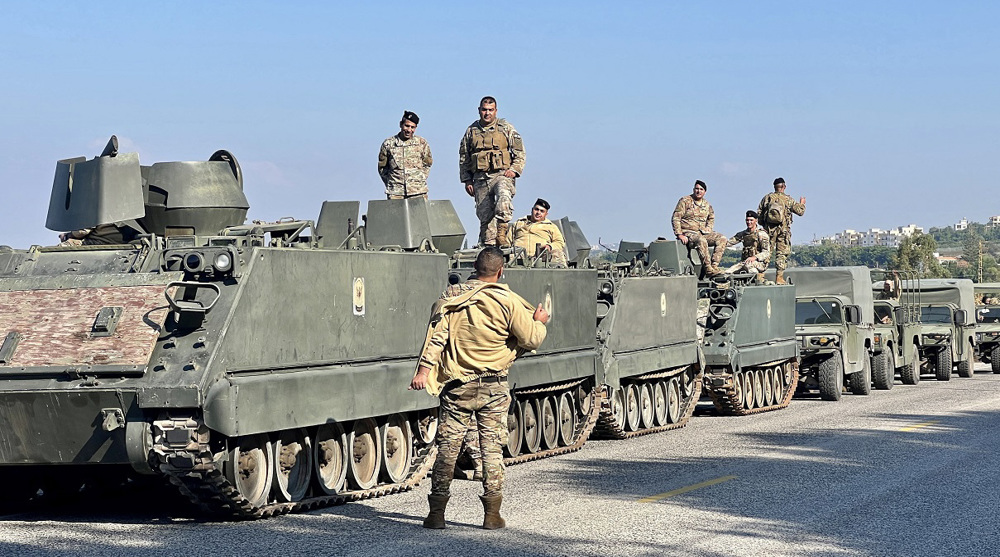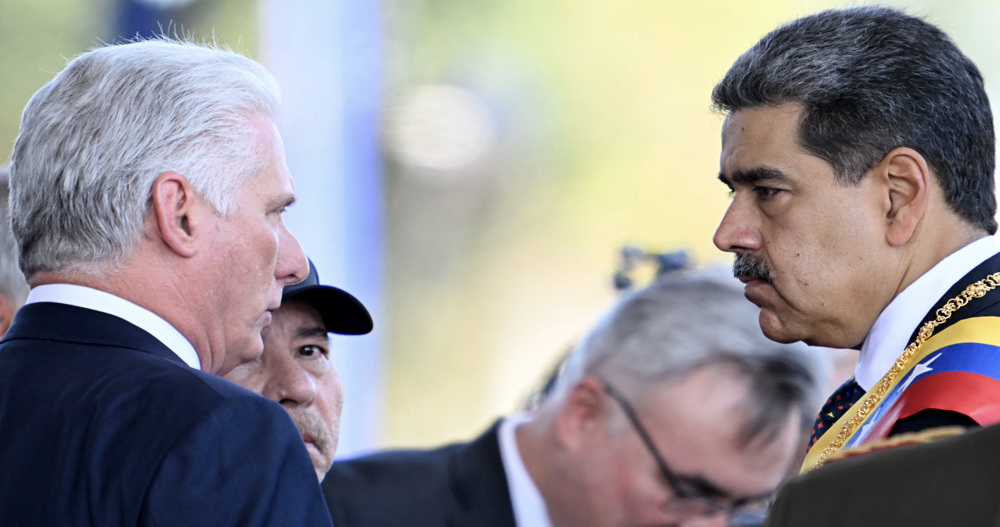Trump lands in Saudi Arabia to reset relations
US President Donald Trump has landed in Saudi Arabia, making his debut on the world stage in a country that is home to the two holiest Muslim sites in an apparent effort to publicly appeal to Muslims worldwide to view him as a partner and not an enemy.
A red carpet was rolled out as the Air Force One touched down in Riyadh shortly before 9:50 am local time. Trump and his wife Melania, who did not cover her hair, walked to the tarmac where they were received by King Salman bin Abdulaziz Al Saud.
Trump will hold talks with Saudi leaders later on Saturday and will outline his vision for US-Muslim relations to an audience of more than 50 leaders of Muslim countries attending the “Arab Islamic American Summit” on Sunday.
National Security Adviser H.R. McMaster said the speech will be “inspiring” and reflective if the president’s hopes for “a peaceful vision of Islam to dominate across the world.”
However, beneath the symbolism remains the antagonism that Trump has fueled with his anti-Muslim views expressed both on the campaign trail and in the White House.
During the campaign, Trump said “Islam hates us,” proposed “a total and complete shutdown of Muslims entering the United States,” floated the idea of monitoring US mosques and officially re-introduced the term “Islamic terrorism” in the American political parlance.
And, just seven days after taking office on January 20, Trump signed an executive order banning people from seven Muslim-majority countries from entering the US.
Administration officials have offered no indication that Trump intends to walk back the harsh campaign rhetoric even as he looks to change his image as an anti-Muslim president.
"We thought that was very important because obviously people have tried to portray the President in a certain way," a senior White House official said. "We thought that was a good place to start. And, look, I mean, one of the biggest problems that we face in the world today is radical extremism, and we have to combat that."
To be sure, the Saudi monarchs have ample reasons to give Trump a fair amount of latitude even if he says things they do not like.
To begin with, the Saudis are pleased they will be welcoming Trump instead of Barack Obama. He is hawkish on Iran and is more than willing to sign hefty arms deals with them with no strings attached.
Saudi officials have been heartily encouraged by the Trump administration's anti-Iran posture, a sentiment shared by Israel – Trump’s next destination – and many Persian Gulf Arab states.

Trump’s selection of Saudi Arabia as his maiden overseas trip perhaps signals that he is ready to change his behavior and tone to embrace a country responsible for widespread human rights violations and an escalating humanitarian crisis in Yemen.
Less than a year ago, Trump vilified the Saudi influence on US foreign policy, openly accused the kingdom of being behind the 9/11 terror attacks, and demanded the US be paid for protecting the monarchy.
During his speech, however, Trump is expected to hail the Saudi government as a strong Muslim ally and a partner in the fight against extremism.
This reeks of hypocrisy as the Saudi-backed clerics openly preach and practice Wahhabism, a radical ideology that inspires terrorists around the world. Daesh (ISIL) and other terrorist groups take advantage of Wahhabism to declare people of other faiths "infidels," a justification for their execution.
Trump will make stops next week in Israel and in Italy.
Hamas thanks Iran, Resistance Front following achievement of ceasefire in Gaza
'Capitulation': Israeli officials and media concede Gaza defeat as truce unfolds
'Gaza has won': Social media users react to ceasefire with mix of relief, joy
Iran seeks South Korea’s assistance for AI, fiber-optic projects
VIDEO | Iran's 'Eqtedar' (Power) maneuver
Israel hits HTS military target in Syria for 1st time since fall of Assad
VIDEO | Press TV's news headlines
Israel has slaughtered 13,000 students in Gaza, West Bank













 This makes it easy to access the Press TV website
This makes it easy to access the Press TV website